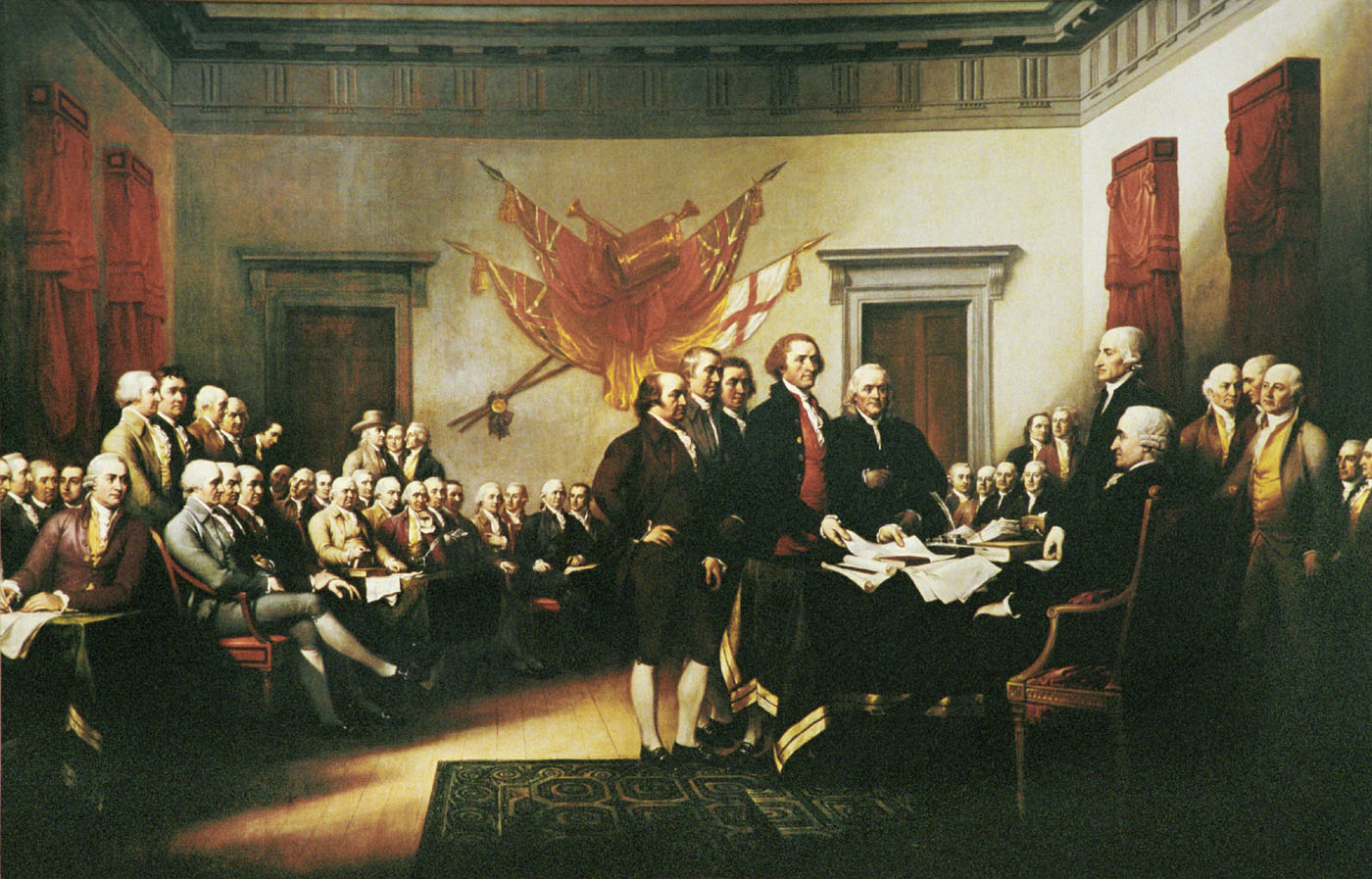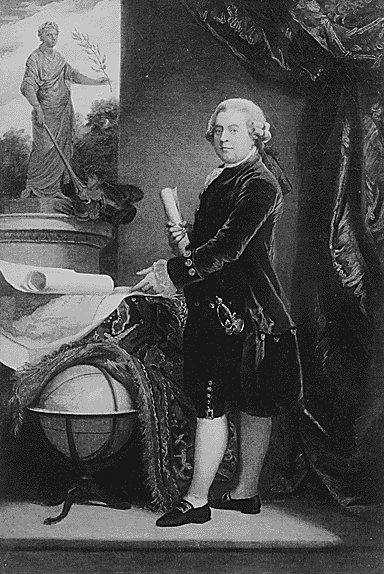Statement of Process
When I first started this project, I had brought many books home with me from the library. I then narrowed the books down to 3 of them because the other books repeated the same things and the books I chose had the most useful in formation. I learned all about John Hancock's life and as I read some parts I tried to imagine myself in his shoes. Then I would try to dedicate myself at least 2 times a week to work on this project and that worked pretty well.
Reflection
When I first heard about this project, i rolled my eyes and thought It was going to be really difficult. When I started It and started to learn all about John Hancock's life I felt like this was going to be a pretty easy project. It turned out to be a easy project, but I feel it took way to long for me to finish it. I put about 100% of myself into this project and I think that it was worth it. I hope we do something else like this, I enjoyed it. It was also easier to work on my computer and I think I'd love to do projects like this again.
Thursday, February 28, 2008
Vocabulary
1.Reliance-confident or trustful dependence
2.Relinguish- to renounce or surrendor
3.Strenuous-characterized by vigorous exertion, as action, efforts, life, etc
4.Endeavor- A conscientious or concerted effort toward an end; an earnest attempt.
5.Beacon hill- An area of Boston, Massachusetts, noted for its historic residences, brick sidewalks, and picturesque mews
6.Merchant-a person who buys and sells commodities for profit; dealer; trader.
7. Oratory- skill or eloquence in public speaking
2.Relinguish- to renounce or surrendor
3.Strenuous-characterized by vigorous exertion, as action, efforts, life, etc
4.Endeavor- A conscientious or concerted effort toward an end; an earnest attempt.
5.Beacon hill- An area of Boston, Massachusetts, noted for its historic residences, brick sidewalks, and picturesque mews
6.Merchant-a person who buys and sells commodities for profit; dealer; trader.
7. Oratory- skill or eloquence in public speaking
8.Picturesque Mews-an area of stables built around a small street.
9. Eloquence-the practice or art of using language with fluency and aptness
10.Aptness-inclined; disposed; given
Would you be friend with your person if he were still alive today?
From all the information I have gotten on John Hancock, and everything that I learned I belive that if he still were alive i would deffinally be friends with him. He seemed like a very intelligent and careing person about his countrey. He was a good repersentitive for our colonies and a wonderful leader. I would have very much looked up to him and everything he did in the goverment. He rised up to greatness as he got older because at the begining he had a very difficult times with the death of his father and all of the moves he had to go through.
Bibliography
WEBSiTES
1)http://www.johnhancock.org/ 2000 by Evisum Inc: page by; Stanley L. Klos
2)http://www.history.navy.mil/danfs/j3/john_hancock.htm DEPARTMENT OF THE NAVY -- NAVAL HISTORICAL CENTER
Books
1)http://www.johnhancock.org/ 2000 by Evisum Inc: page by; Stanley L. Klos
2)http://www.history.navy.mil/danfs/j3/john_hancock.htm DEPARTMENT OF THE NAVY -- NAVAL HISTORICAL CENTER
Books
1.Graham Gaines, Ann: "John Hancock (president of the continental congress)" Pennsylvania: Chelsea House Publishers 2001
2.Koslow, Phillip; "John Hancock Signature Life" CT, A Division of Groiler Publishing 1998
3.Hossel, Price Karen "The Declaration of Independence" Chicago, Illinois, Heinemann Library 2004.
Friday, February 22, 2008
I, John Hancock emerged as a leading figure in the revolutionary movement and in 1774 was chosen president of the Massachusetts Provincial Congress. The next year I became leader of the Boston patriot Committee. That year he also became an ally of John Adams. The big oratory of Adams and I brought the attention to the British officials about us in 1775. Warned by Paul Revere, we fled Lexington just as the battles of Lexington and Concord opened the Revolutionary War.
When I went back to live with my uncle after college, he had a very powerful place in politics. He advised the royal Governor of Massachusetts. Now that he was doing that he didn't have a lot of time to care to his merchant work so he asked me to help him. I told him I would do it and he taught me all about importing and exporting goods. I learned about the shops and warehouses and I visited them. I also got to see the ships and talk to a couple of ship captains owned by my family. In 1759 I was sent by my uncle on my first actual business trip to London. I stayed for a year making new contracts with many merchants and a few bankers and then I came back in 1761. In 1763 on January 1st my uncle made me his full time partner and we ran our business together for a while until he passed away in 1764 August 1st unexpectedly.
I went to Harvard College in 1750 when I was 13 years old. I studied Latin, Greek and philosophy which i already knew a lot about and i also studied Hebrew. They did not have any classes that taught you about history and politics so I took my own time to read Greek and Roman history. I graduated in 1754 and went to live back with my uncle.
The Death of John Hancock
John Hancock died Oct 8Th 1793. Even though he was young and had been sick for a while they found he had just died naturally. He was buried in Boston and the cemetery he's in also has fellow Revolutionary War leaders, Paul Revere and Samuel Adams.
Let us convince our enemies that, as we are entered into the present contest for the defense of our liberties, so we are resolved, with the firmest reliance on heaven for the justice of our cause, never to relinquish it, but rather to perish in the ruins of it. If we do remain firm…and are determined, at all hazards, that we will be free – I am persuaded under the gracious smiles of Providence, assisted by our own most strenuous endeavors, we shall finally succeed…and thereby establish the independence, the happiness, and the glory of the United States of America."
...Some powerful words that I, John Hancock wrote in the "Declaration of Independence"
...Some powerful words that I, John Hancock wrote in the "Declaration of Independence"
Wednesday, January 30, 2008
Sunday, January 27, 2008
Friday, January 25, 2008
What I, John Hancock was known for...
On August 2, 1776, I was the first member of the Continental Congress to sign the Declaration of Independence, the document first demanding independence for the United States from the rule of Great Britain. I was the first man to sign the "Decloration of Independence". I wrote my name John Hancock in big letters so that the king would be able to see it without his glasses.


Thursday, January 24, 2008
Introduction
Hello my name is John Hancock. I was born January 12th 1737 in Braintree, Massachusetts. My ancestors came to the New world in 1648. They settled in the Massachusetts bay colony. My grandfather also John Hancock, graduated from Harvard College and moved to Lexington, Massachusetts and became a minister. My father also graduated from Harvard and joined the ministry. My father then died and I moved in with my grandfather and then my uncle. I grew up with my uncle and became his partner as a merchant. After he died I went into politics.
Subscribe to:
Comments (Atom)




